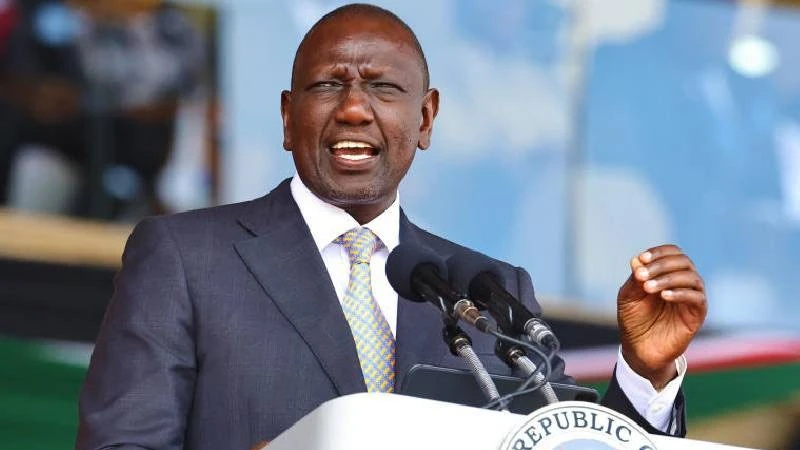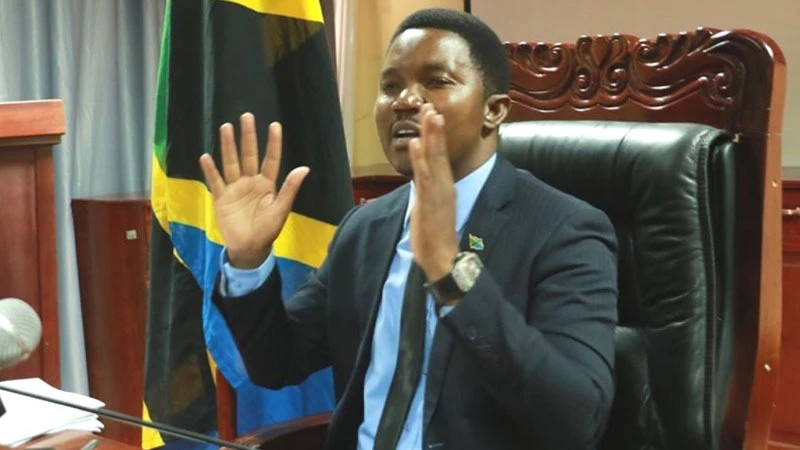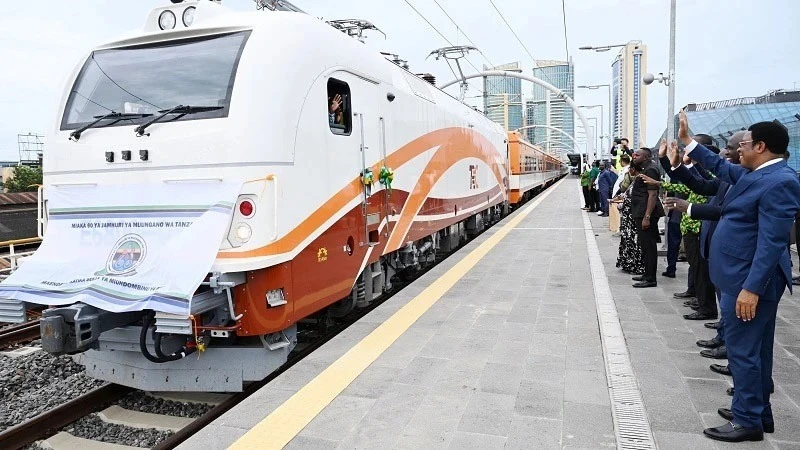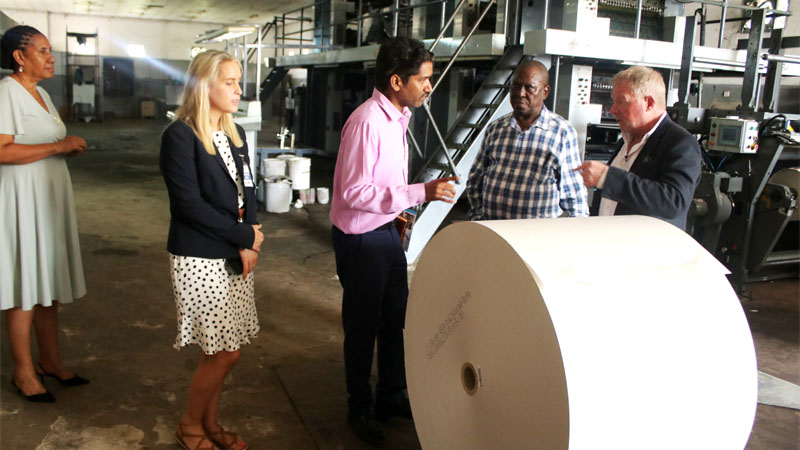PM: Equalise teachers in rural, urban schools
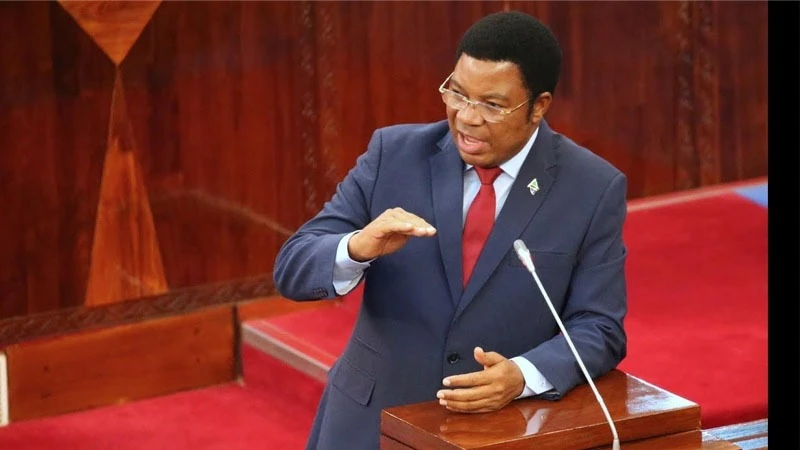
PRIME Minister Kassim Majaliwa yesterday directed district executive directors and education officers to review teachers’ recruitment processes to ensure equal allocation for rural and urban settings.
This instruction was issued in the National Assembly during the PM’s weekly direct questions hour, where concern was raised on imbalance of teachers in rural and urban areas.
Kenneth Nollo (Bahi) demanded to know if the government can allow district councils and cities with financial ability to hire teachers, to help solve existing shortages especially in schools located in remote areas.
The premier said that the central government is responsible for supervising recruitment, affirming the shortage of teachers is mostly contributed by poor allocation in some districts.
“There are many teachers in urban settings compared to those in rural areas. We need to have a database of all the teachers to be able to assign them accordingly,” he declared, instructing that districts should have allocation of teachers regardless of their financial abilities.
The premier affirmed that labour laws and regulations require that an employee works for eight hours, usually from 7:30am to 3:30pm, responding to Mariam Kisangi (Special Seats).
The MP demanded why some civil servants in the same profession have different times to leave office, as teachers in urban areas differ in working time compared to their counterparts in rural areas.
The premier said that teachers work for eight hours, with the variation that those in urban areas work for eight consecutive hours while their rural counterparts have time for lunch break.
This break is compensated by working extra hours in which case all teachers work for eight hours, he specified, affirming that this schedule of work was seen to be appropriate given the different school settings.
“Those in urban areas cannot go home and come back to school on time due to transport challenges, but their counterparts in rural areas walk home and report back to school conveniently,” he added.
Top Headlines
© 2024 IPPMEDIA.COM. ALL RIGHTS RESERVED







